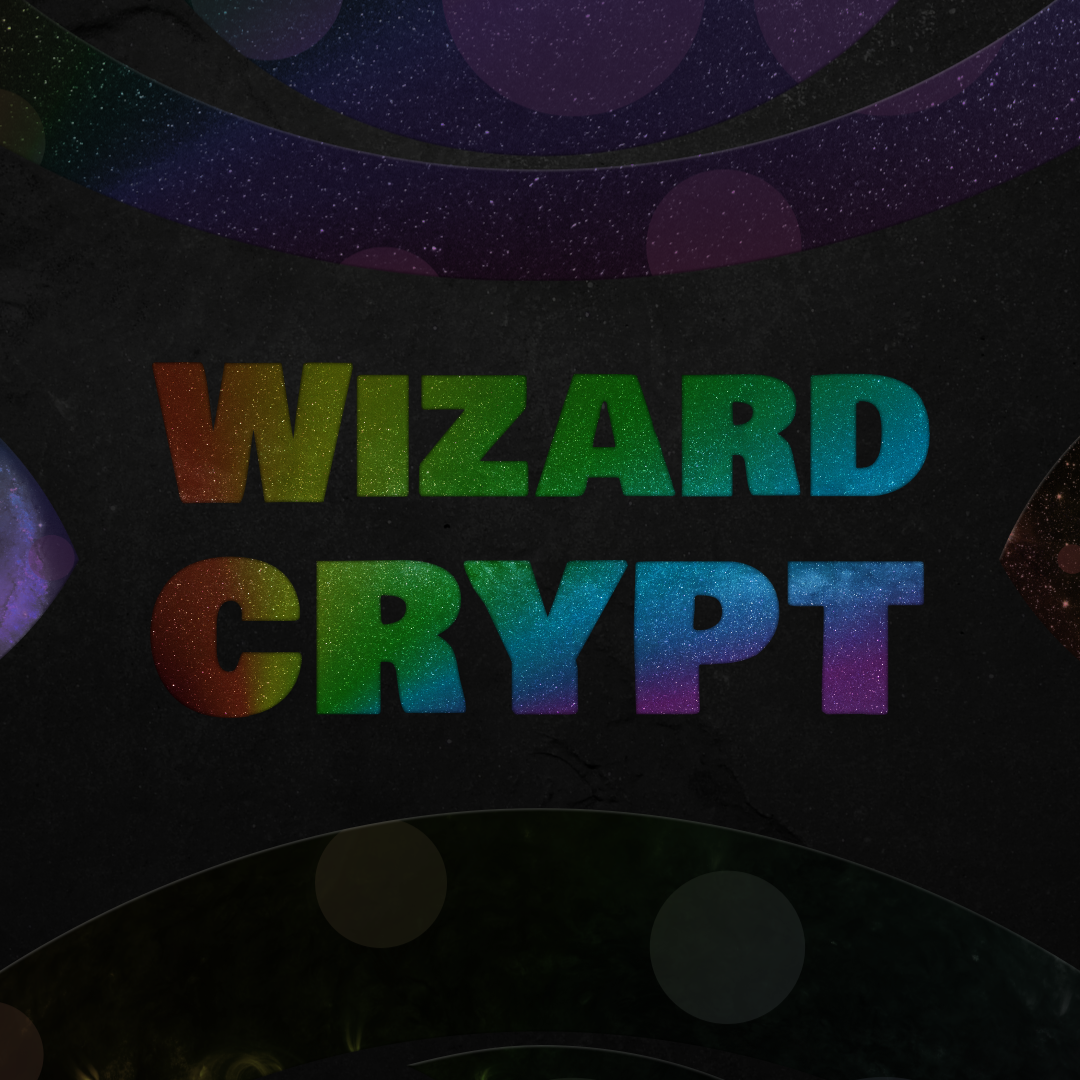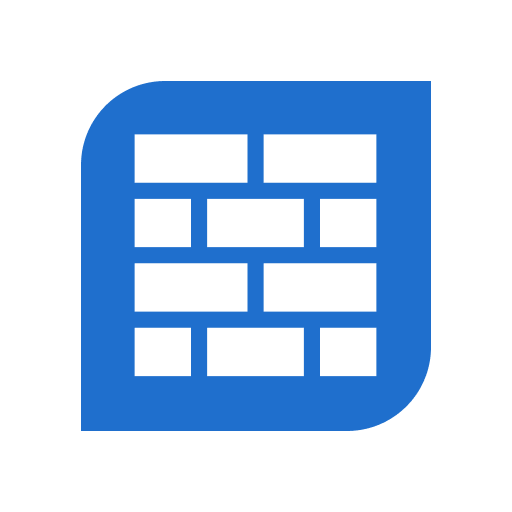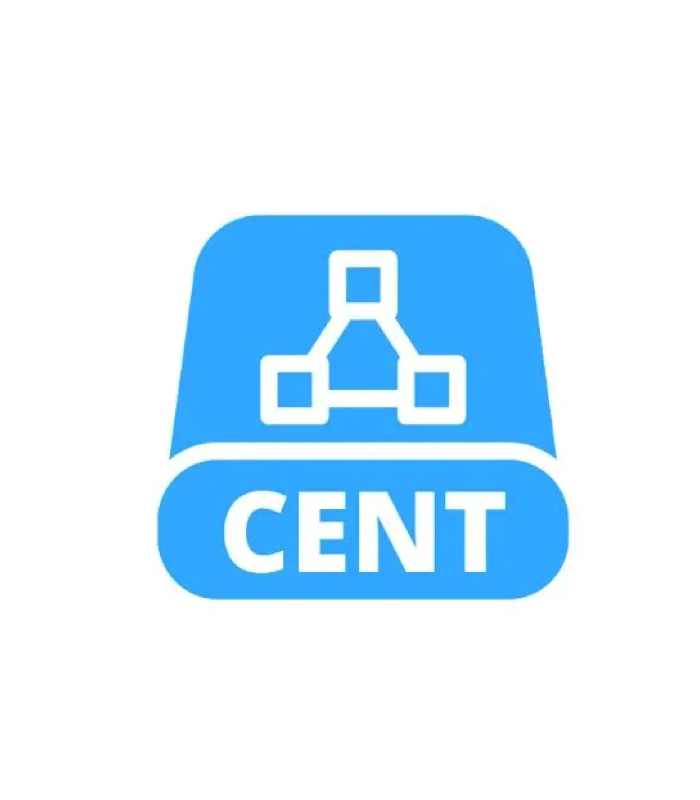Metadata
Agrow Labs
Agrow Labs is an enterprise blockchain company providing sustainable blockchain solutions built on Cardano.
 Agrow Labs
Agrow LabsGoofy Gophers Mining Club
GGMC is an exclusive community for those who want maximum diversified exposure across crypto mining.
 Goofy Gophers Mining Club
Goofy Gophers Mining ClubEx.plorer
Explore NFTs by asset and policy ID, and export or explore their metadata. View the assets held by a wallet and a stream of the most recently minted NFTs.
 Ex.plorer
Ex.plorerOura
A tool to connect blockchain data directly from a Cardano node into data processing platforms such as Elasticsearch or Kafka.
 Oura
OuraPergamon Agora
On-Chain CNFT auctions.
 Pergamon Agora
Pergamon AgoraCardano Token Registry
A repository facilitating the registration of off-chain token metadata to map it to on-chain identifiers for Cardano native tokens.
 Cardano Token Registry
Cardano Token RegistryNFT-DAO
Building an open-source suite of NFT standards, tools, and dApps on Cardano. As well as a cross-chain bridge between Cardano and Avalanche.
 NFT-DAO
NFT-DAOCardanoscan
A Cardano blockchain explorer with a host of features and blockchain analytics tools. Statistics for the Cardano blockchain, and ADA, are shown on the home page
 Cardanoscan
CardanoscanWizard Crypt
A browser-based, exploration-focused, party-building RPG. The first NFT drop for the game consists of 15,555 CSS animated spells for the game.
 Wizard Crypt
Wizard CryptCardano Wall
A tool that simplifies sending messages to the Cardano blockchain to be stored there immutably and forever. Facilitating using Cardano for proof-of-existence.
 Cardano Wall
Cardano WallADA Pools
An independent tool containing a wealth of blockchain metrics and explorers, with a focus around stake pools.
 ADA Pools
ADA PoolsCardano Blockchain Intelligence
An overview of blockchain and stake pool data points, also offering the user the opportunity to explore the metadata on Cardano.
 Cardano Blockchain Intelligence
Cardano Blockchain Intelligence
Metadata is an element of a Cardano transaction that can be inputed by the user or automatically generated. It is stored on the blockchain with the transaction that it was sent with. This means that, just like the transactions themselves, metadata is immutable, i.e. unchangeable, and stored forever on the Cardano blockchain.
Anyone can add metadata into a transaction and that metadata is then stored on the blockchain. Many wallets allow you to add custom metadata to a transaction.
Metadata can only be made up of characters i.e. numbers, letters and punctuation, and cannot be a file type, i.e. you cannot unload files like PDFs or MP3s to the blockchain. The size of the metadata you can add to a transactions is limited to 16KB, and a character is, typically, 1 Byte, so that means you can add up to 1600 characters as metadata with any transaction.
Metadata can be used for many purposes the most common is to give some form of context to the transaction. Metadata has been used to store supply chain data, to send arbitrary message to be stored on the blockchain, and to store the hash of a document (allowing the blockchain to be used for proof-of-existence). People have used metadata, on the testnet, to immortalize the Cardano whitepaper, by writing it onto the blockchain as transactions across multiple transactions.
Many block explorers allow users to view and search transaction metadata. Remember, anything you add as metadata to a transaction will always be publicly available on the blockchain.